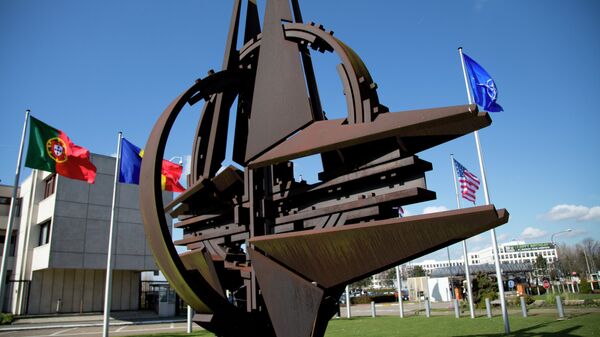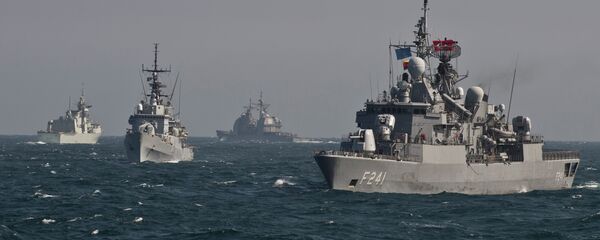WASHINGTON (Sputnik), Leandra Bernstein — Plans to station heavy military equipment in western NATO states will be aligned with the founding NATO-Russia pact, German Member of Parliament Niels Annen told Sputnik on Monday.
“The creation of the [NATO] Very High Readiness Task Force is particularly honoring the agreement that we made with Russia according to the NATO-Russia Founding Act, because it is not the permanent stationing of battalions in the former countries of the Warsaw Pact,” Annen stated of the mutual pact signed by NATO and Russia in 1997.
On Friday, US Army Chief of Staff General Ray Odierno announced the United States would send an additional brigade’s worth of tanks and other heavy equipment to Germany in order to ensure NATO readiness and reassure allies.
Annen explained that while Alliance would adhere to the principles of the NATO-Russia Act, the agreement does not exclude organizing basic infrastructure in member states.
In September 2014, NATO committed to improve the readiness of its forces in Europe, particularly along its eastern border with Russia. At that time, NATO announced it would rotate troop deployments in Eastern Europe and the Baltic states, and forward base equipment among member states.
Annen stated that he views the military reinforcement as being “to a large degree political.” He repeated the German position to promptly overcome the crisis in relations with Russia through diplomatic, not military solutions.
NATO responded to the reunification of Crimea with Russia in March 2014 by amplifying its military posture along its borders with Russia. The West has accused Russia of aggression towards its neighbours and threatening NATO states.
Moscow has repeatedly denied the allegations and warned the weapons build-up and military exercises on its borders are provocative and can destabilize the region.
In June 2015, Russian President Vladimir Putin stated that Moscow remains open to cooperating with its neighbours, and has no aggressive plans.


